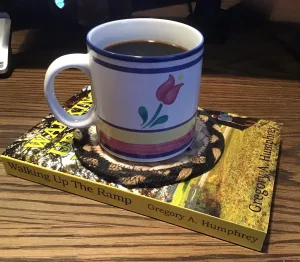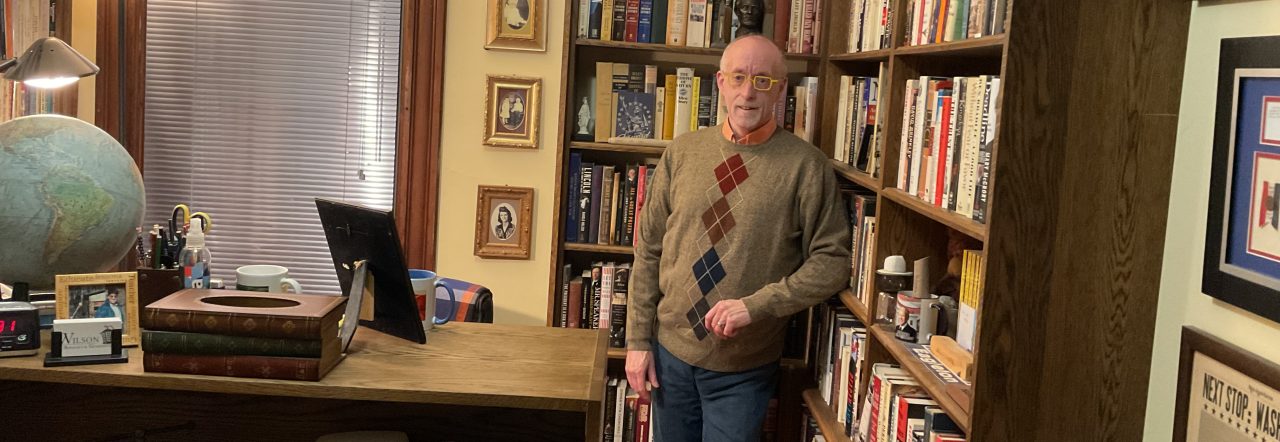These days there are more questions than Scott Walker seems to have answers for. The round of news stories and blog posts underscore the reason veterans are feeling dismay over the actions of Walker .
The John Doe probe has produced charges that Walker’s political confidante and frequent appointee to positions of public trust Tim Russell embezzled $20,000 from a charity intended to assist families of Wisconsin soldiers who were killed in the conflicts in Afghanistan and Iraq.
The charity had been run by a local Veterans of Foreign Wars post in Milwaukee County, with no complaints.
But Walker took control of the “Operation Freedom” charity away from the VFW and handed it over to Russell.
Russell, who now faces multiple charges of misconduct, stands accused of diverting money to himself that had been intended for veterans.
Walker put Russell in charge of the charity.
Walker was in regular contact with Russell as the alleged thefts took place.
And Walker has hired a team of criminal defense lawyers to help him respond to questions and allegations related to the John Doe inquiry.
There are, as well, allegations that Walker and his political allies may be paying for Russell’s defense.
Veterans have every reason to ask whether Walker is trying to protect a longtime aide who stands accused of stealing from the widows and orphans of Wisconsin soldiers killed in Afghanistan and Iraq.
Just as they have every reason to ask: “Why?”

